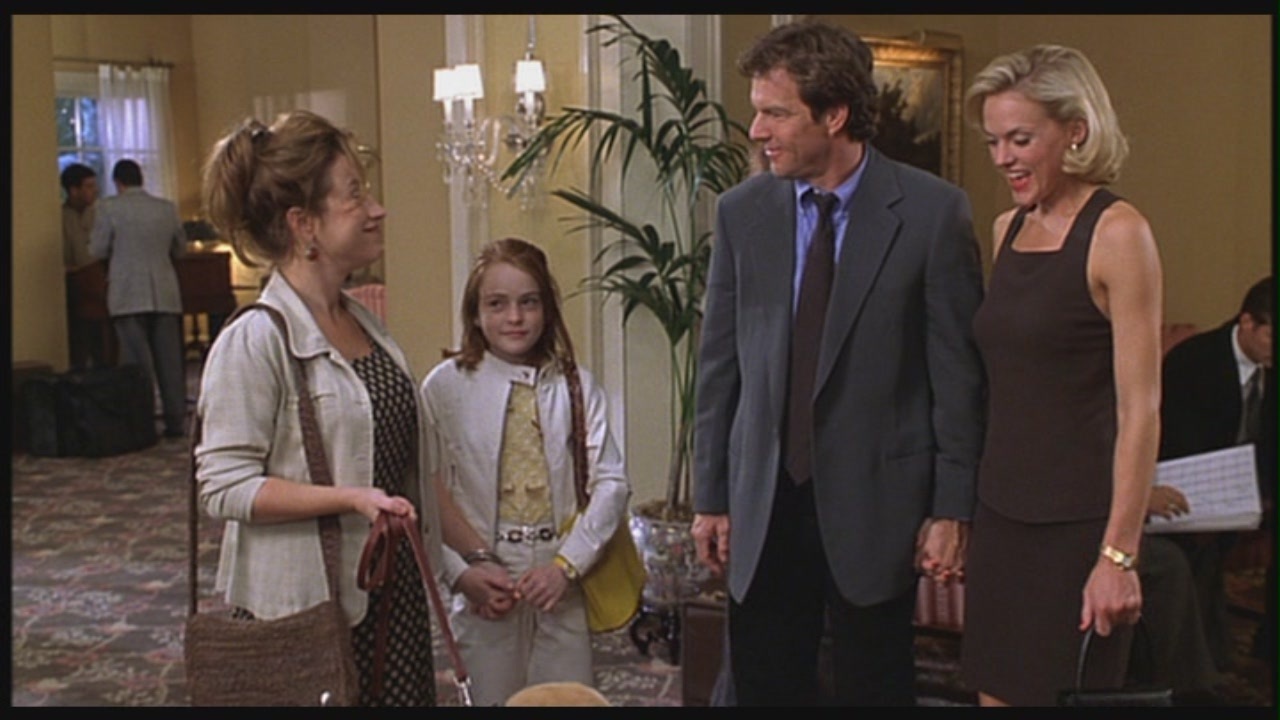
Join the PTA, fundraise relentlessly and host extravagant birthday parties with entertainers, ponies and a present for every single child playing pass the parcel. Then the demands grow with your child ferrying them to endless sports games, clubs, social events, primary school discos and Pokemon hunts. You must prepare wholesome, unprocessed healthy food from scratch (I once spent a long afternoon peeling frozen grapes for fear my daughter might choke on the skin) – and that's just in the first year.

There are parenting classes, sensory classes, swim classes, baby massage classes and toddler rock.

And research encourages parents to spend heaps of time with their kids a new UK study, for example, found that the time spent by mothers with their children has a marked influence on their early development, particularly between the ages of 3 and 7.įrom the moment your child is born there are pressures, expectations and an entire industry designed to help you be a "good" parent. This can be partly explained by current social and cultural ideas of attentive, sustained and intensive nurturing. Mothers' average daily childcare activities increased from 54 minutes to 104 minutes per day, while fathers' time with children nearly quadrupled – from just 16 minutes per day in 1965 to 59 minutes a day in 2012.Īmong university-educated parents, the increase in time spent with kids was even more pronounced. Ironically, we spend more time doing that as well.Ī 2016 American study in the Journal of Marriage and Family found that between 19, all but one of 11 Western nations showed an increase in the amount of time both parents spent with their kids. We now spend more hours working than ever before, which might lead to the assumption that we spend less time parenting. "Now, I have to work because, financially, we couldn't get by on only my husband's salary as the cost of living here is so expensive."

I felt unfair putting her in childcare for long hours but it was either don't work at all or work full-time. "I found it really difficult to balance with having a small child. Working allows you to continue with a career that you strived to establish, return to a job that you find stimulating and challenging, and have grown-up conversations that have nothing to do with trains, fairies, naps or poo.Įmily Writes with her two kids Eddie (4) and Ronnie (2).Īfter looking for a couple of years with no success she made the decision to return to work full-time. Many surveyed also said that they "enjoyed working and wanted to return to paid work". Of course, jobs aren't just about the money. Most (71 per cent) said they returned to work because they needed the money.

#Parent trap free quiz full#
Growing Up in New Zealand, New Zealand's contemporary longitudinal study of around 7000 babies, found that while the median leave that mothers wanted was a full year, 45 per cent were back in paid employment within nine months. Each parent is allocated three months of that leave, with the balance split however they choose (for 390 days they receive 80 per cent of their normal pay, with the remaining 90 days paid at a flat rate).įor many New Zealanders, being a two-income family is a necessity. Wellington blogger Emily Writes is a kind of a Jedi Master Yoda for mothers.Īlthough New Zealand's parental leave policy is around the OECD average – primary carers may be entitled to 18 weeks of parental leave payments – and our 20 hours of free early childhood education for over three-year-olds is nothing to be sniffed at, we still fall far short of countries like Sweden with its 480 days' leave for new parents.


 0 kommentar(er)
0 kommentar(er)
